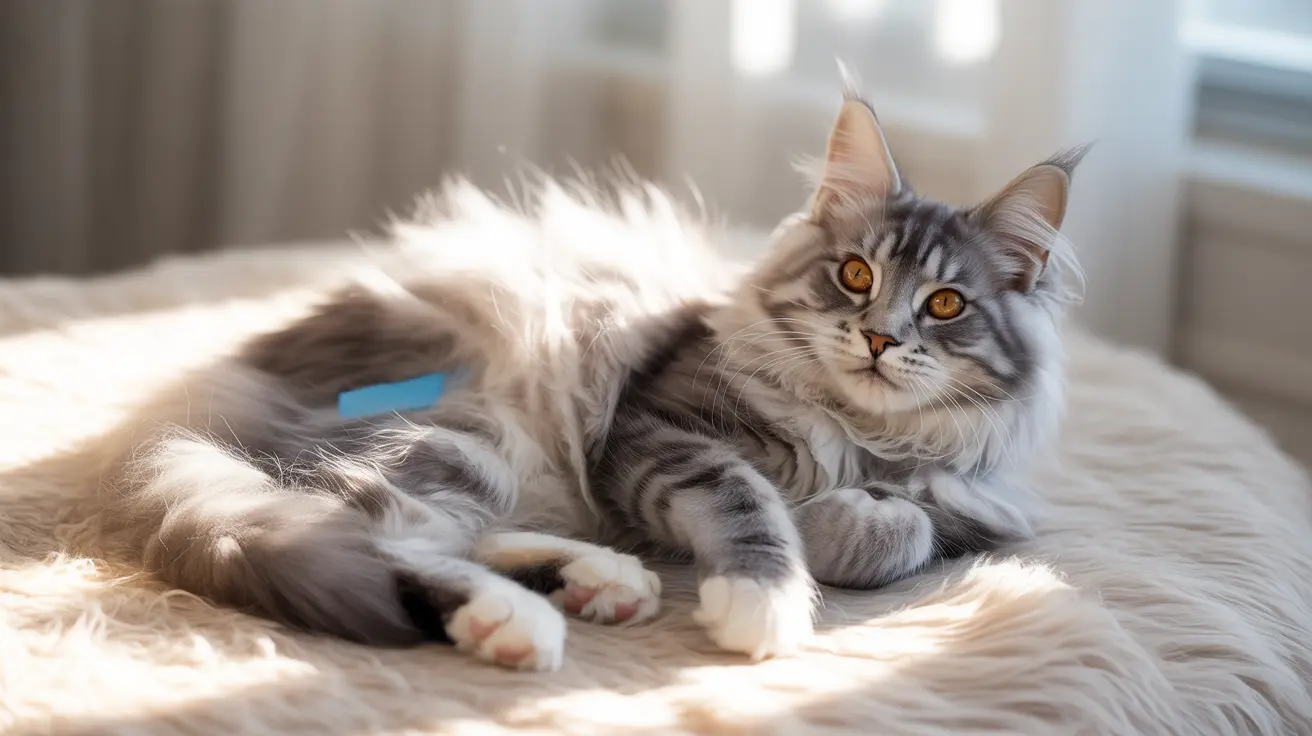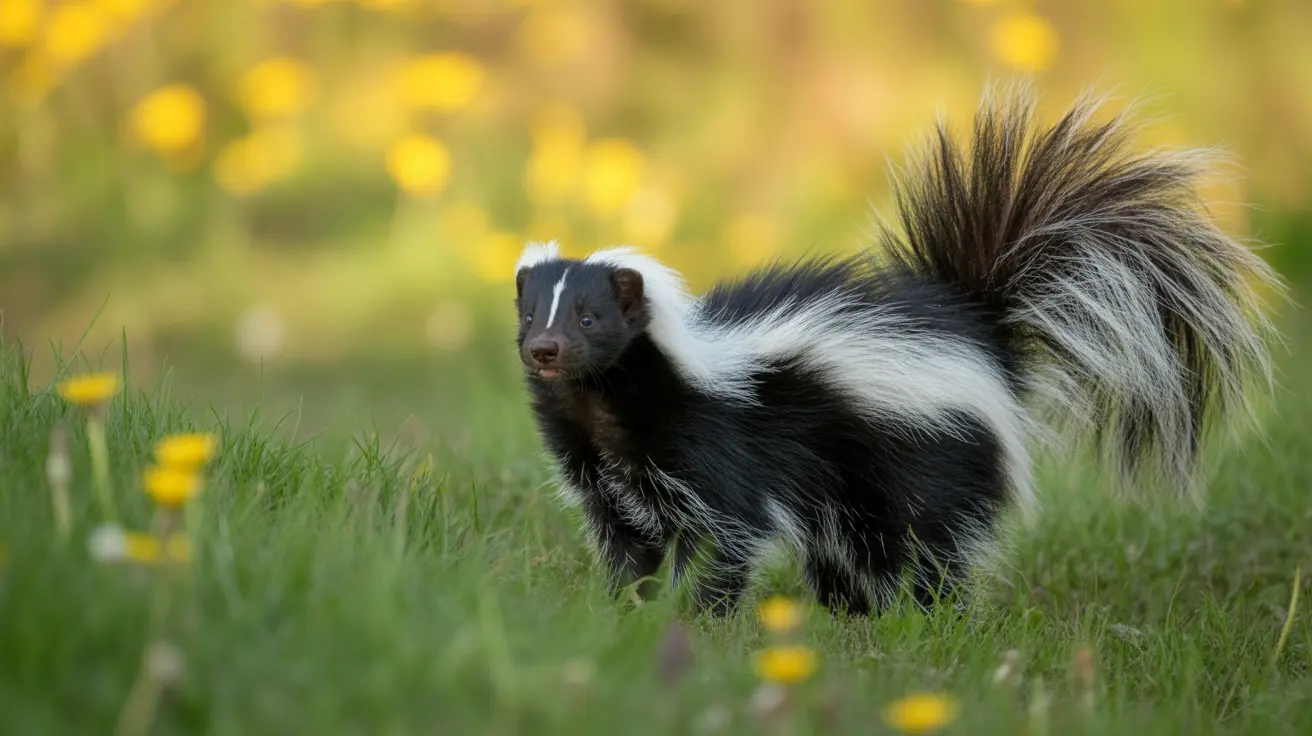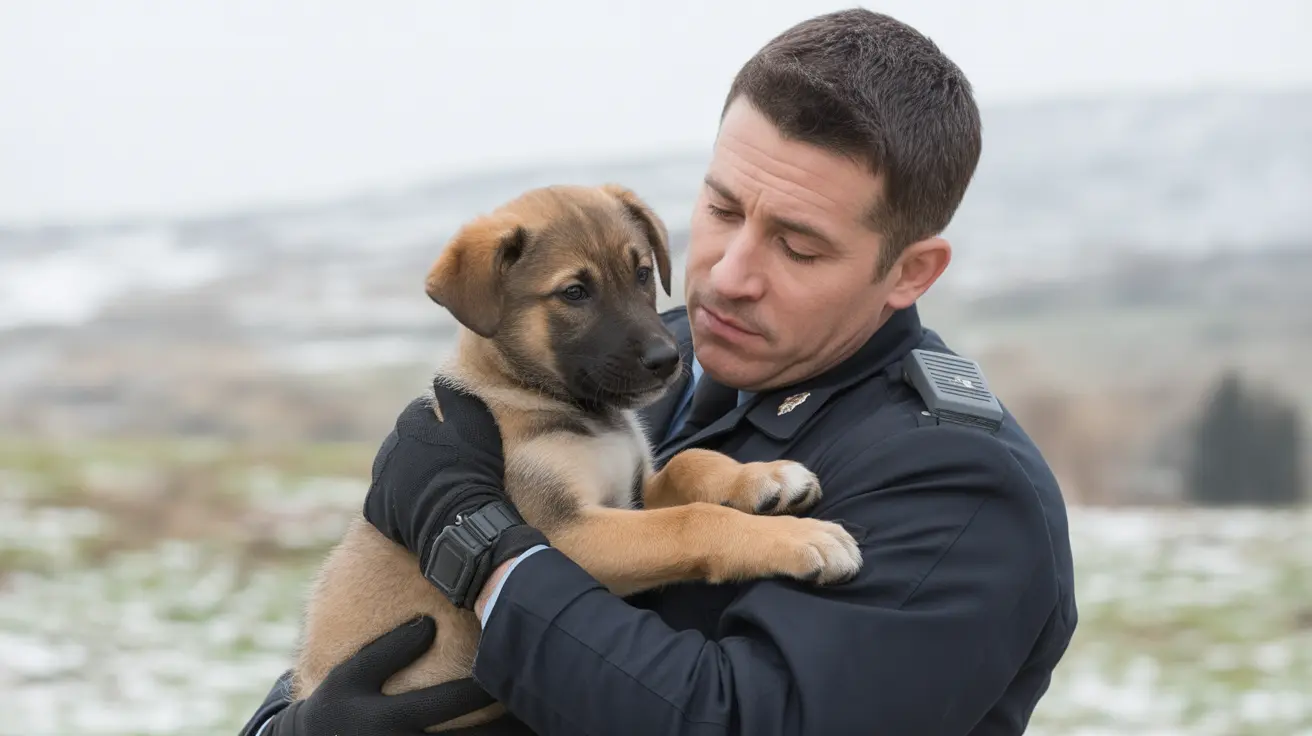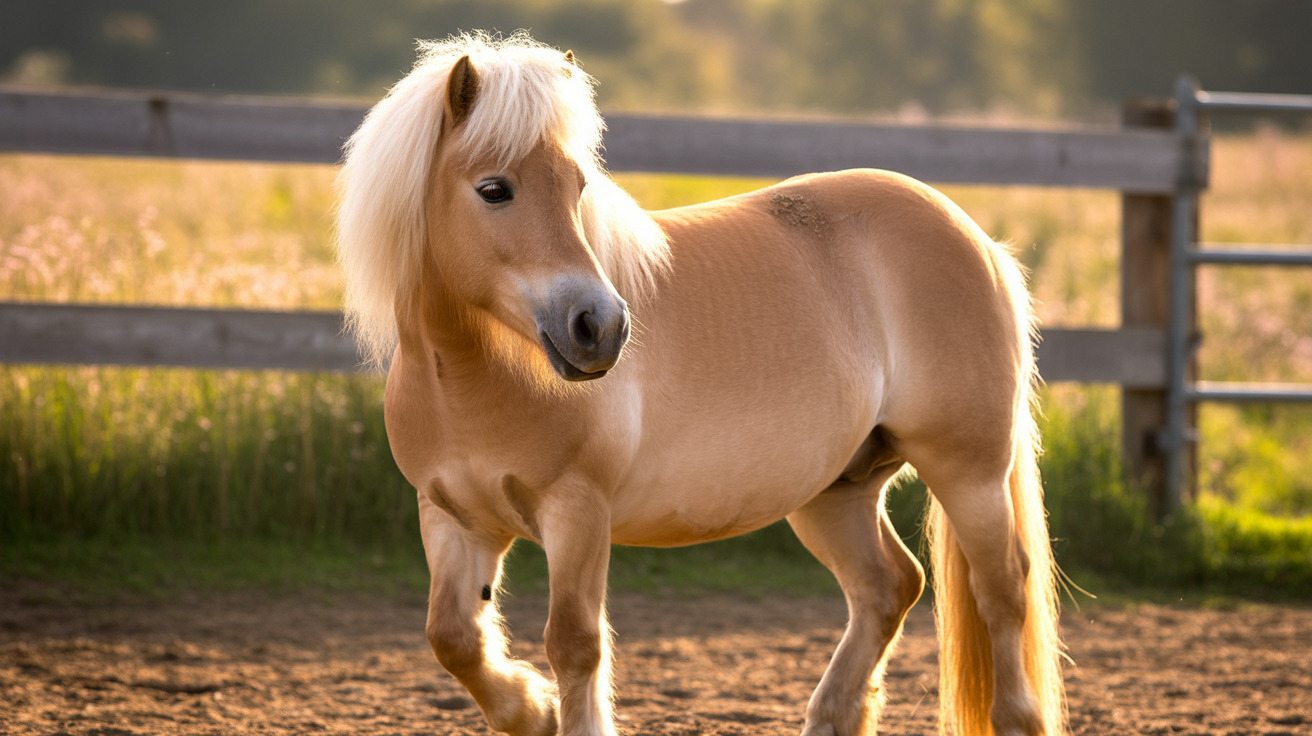Common Causes of Post-Vaccination Vomiting
Vomiting after vaccination typically occurs due to several factors:
The immune system's response to the vaccine can trigger temporary digestive upset as the body produces antibodies. This natural reaction usually resolves within 24-48 hours.
Some cats may experience sensitivity to specific vaccine components, including proteins, preservatives, or adjuvants used to enhance the vaccine's effectiveness.
Normal vs. Concerning Symptoms
Expected Mild Reactions
Mild post-vaccination symptoms that typically don't require immediate veterinary attention include:
- Temporary lethargy or decreased activity
- Mild loss of appetite
- Slight fever
- Occasional vomiting within the first 24 hours
- Minor swelling at the injection site
Warning Signs Requiring Veterinary Care
Contact your veterinarian immediately if your cat exhibits:
- Persistent vomiting beyond 24 hours
- Severe lethargy or collapse
- Difficulty breathing
- Facial swelling
- Hives or severe itching
- Diarrhea accompanied by vomiting
Risk Factors and Prevention
Certain cats may be more prone to vaccine reactions:
- Young cats under one year of age
- Cats receiving multiple vaccines simultaneously
- Cats with previous vaccine reactions
- Certain breeds with known sensitivities
To minimize risks, veterinarians may recommend:
- Spacing out vaccines when possible
- Pre-vaccination antihistamines for sensitive cats
- Modified vaccination schedules for at-risk cats
Post-Vaccination Care and Monitoring
After your cat receives vaccines, follow these guidelines:
Monitor your cat closely for the first 24-48 hours, watching for any concerning symptoms. Keep your cat in a quiet, comfortable space where they can rest undisturbed.
Maintain access to fresh water, but don't force food if your cat's appetite is temporarily decreased. Normal eating habits typically resume within 24 hours.
Frequently Asked Questions
Why is my cat throwing up after receiving vaccines?
Cats may vomit after vaccines due to their immune system's response to the vaccination or sensitivity to vaccine components. This is usually a temporary reaction that resolves within 24 hours.
What are the common and serious side effects of cat vaccinations?
Common side effects include lethargy, mild fever, and reduced appetite. Serious side effects, though rare, can include severe vomiting, difficulty breathing, facial swelling, and collapse.
How soon after vaccination can vomiting or allergic reactions occur in cats?
Reactions typically occur within the first few hours after vaccination, with most severe reactions happening within 4 hours. Mild symptoms may develop over 24 hours.
When should I contact a vet if my cat vomits after a vaccine?
Contact your vet if vomiting persists beyond 24 hours, is severe, or is accompanied by other concerning symptoms like difficulty breathing, facial swelling, or collapse.
Are certain cats more at risk of vomiting or adverse reactions after vaccination?
Yes, younger cats, those receiving multiple vaccines at once, and cats with previous vaccine reactions may be at higher risk. Some breeds may also be more sensitive to vaccines.
Conclusion
While vomiting after vaccines can be concerning, it's usually a temporary reaction that resolves on its own. Understanding normal versus concerning symptoms helps you make informed decisions about your cat's post-vaccination care. Always consult your veterinarian if you're unsure about your cat's reaction to vaccines or if symptoms become severe.






